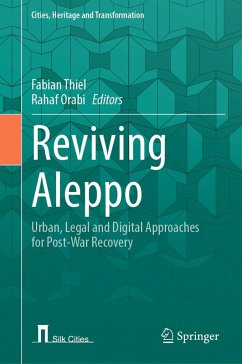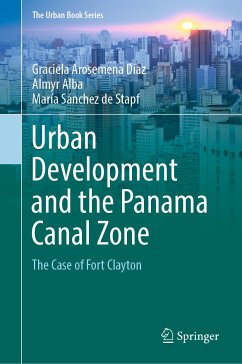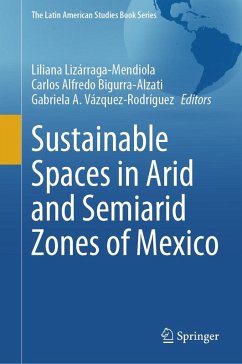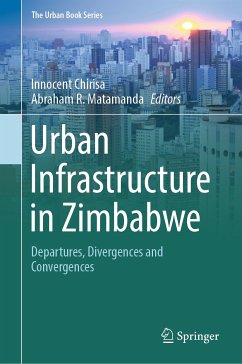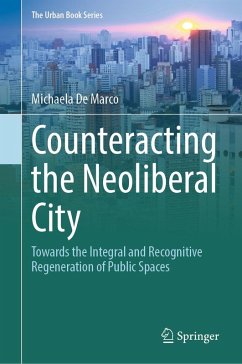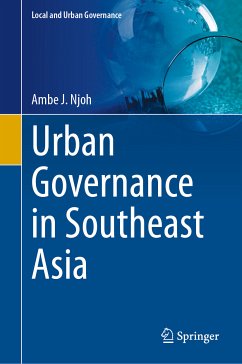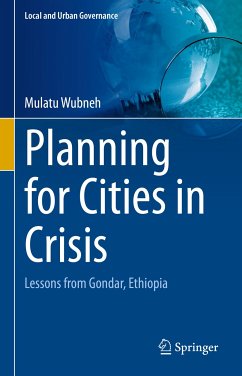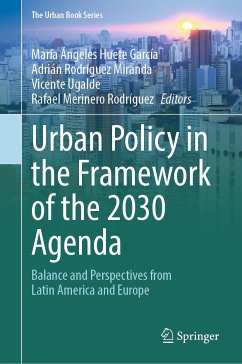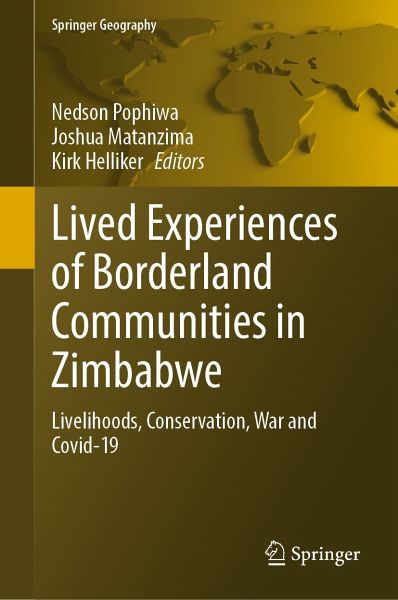
Lived Experiences of Borderland Communities in Zimbabwe (eBook, PDF)
Livelihoods, Conservation, War and Covid-19
Redaktion: Pophiwa, Nedson; Helliker, Kirk; Matanzima, Joshua
Versandkostenfrei!
Sofort per Download lieferbar
96,95 €
inkl. MwSt.
Weitere Ausgaben:

PAYBACK Punkte
48 °P sammeln!
This book examines the national borders and borderlands of Zimbabwe through the presentation of empirically rich case studies. It delves into the lived experiences, both past and present, of populations residing along the borders between Zimbabwe and its neighbours, i.e., Zambia, Botswana, South Africa and Mozambique. It locates these lived experiences within the political economy of Zimbabwe, and highlights a wide range of themes pertinent to borders, including health, COVID-19, marginalisation, resource access, conservation, human-wildlife conflicts, civil wars, politico-economic crises, bor...
This book examines the national borders and borderlands of Zimbabwe through the presentation of empirically rich case studies. It delves into the lived experiences, both past and present, of populations residing along the borders between Zimbabwe and its neighbours, i.e., Zambia, Botswana, South Africa and Mozambique. It locates these lived experiences within the political economy of Zimbabwe, and highlights a wide range of themes pertinent to borders, including health, COVID-19, marginalisation, resource access, conservation, human-wildlife conflicts, civil wars, politico-economic crises, border jumping and cross border trade. The borderland communities discussed also include ethnic minorities such as the Tonga, San, Ndau, Shangane, and Kalanga. Overall, the book demonstrates the centrality of borders to the Zimbabwean nation-state and the importance of reading history, politics and society from the borderlands.
The book fits into the wider prevailing literature of border and borderlands in Africa and beyond and thus has appeal far beyond Zimbabwe. Its diverse themes also relate to topics covered in multiple disciplines, including history, anthropology, and sociology. Academics, development specialists and policy makers will benefit in different ways from the depth and breadth of the analysis in the book.
Dieser Download kann aus rechtlichen Gründen nur mit Rechnungsadresse in A, B, BG, CY, CZ, D, DK, EW, E, FIN, F, GR, HR, H, IRL, I, LT, L, LR, M, NL, PL, P, R, S, SLO, SK ausgeliefert werden.



